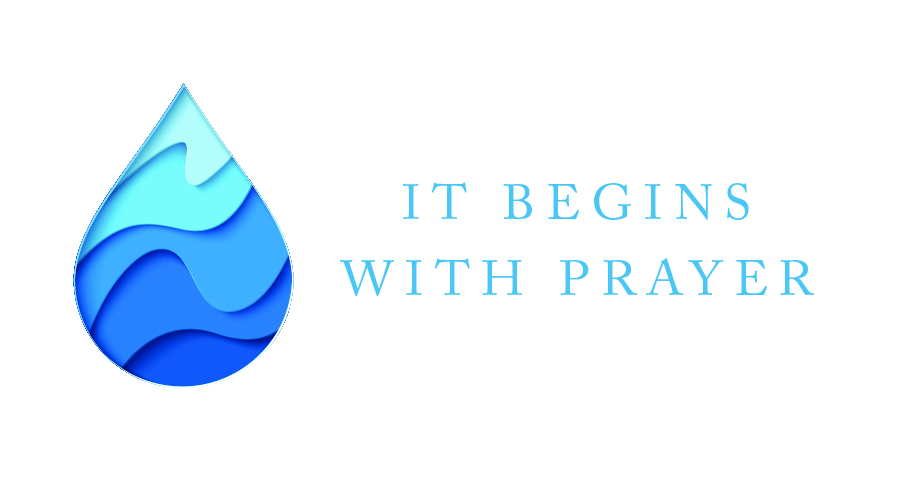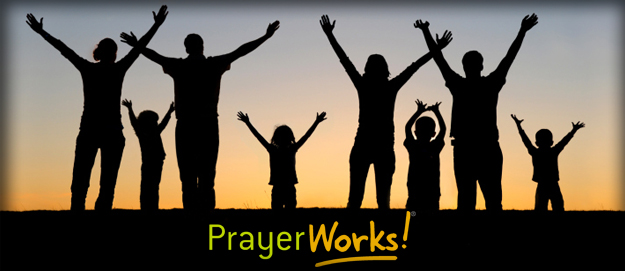
How many times have you heard or maybe even said, “There is nothing else to do but pray.” In reality, shouldn’t it be the first thing we do?
A couple of days ago, I was putting some new books on my shelf. I turned my back for a second, and the books started falling like dominos. That’s when I realized I had forgotten to put the bookend back.
How often do you do the same thing in your life? You treat prayer like a forgotten bookend by beginning or ending with prayer but find you are way too distracted to spend quality time with God talking and listening.
When I went through cancer, I learned that one of the most humbling things is having to depend on others. But as children of God, we are totally dependent on Him for our justification, sanctification, glorification, and every single breath we take.
The Apostle Paul said in 1 Thessalonians 5:17-18, “Pray without ceasing, give thanks in all circumstances; for this is the will of God in Christ Jesus for you.”
When we spend little time with God, we are implying, “I can handle things.” When we talk to God in the name of our Lord, the door to the throne of God is opened up.
When you pray, your conversation with God should be filled with passion both for Him and for:
- Those in our groups
- Those who are lost
- Our family and friends
- God to show us how we can move from isolation to innovation in a pandemic environment
- God to reveal ways we can serve those who have needs
Never stop praying. We should always delight in spending time conversing with our Father.
Take time to teach those in your Sunday School class or group how to pray as part of your discipleship.
Written by Rick Hughes, Groups Sr. Consultant/Coach, North Carolina Baptist Convention



